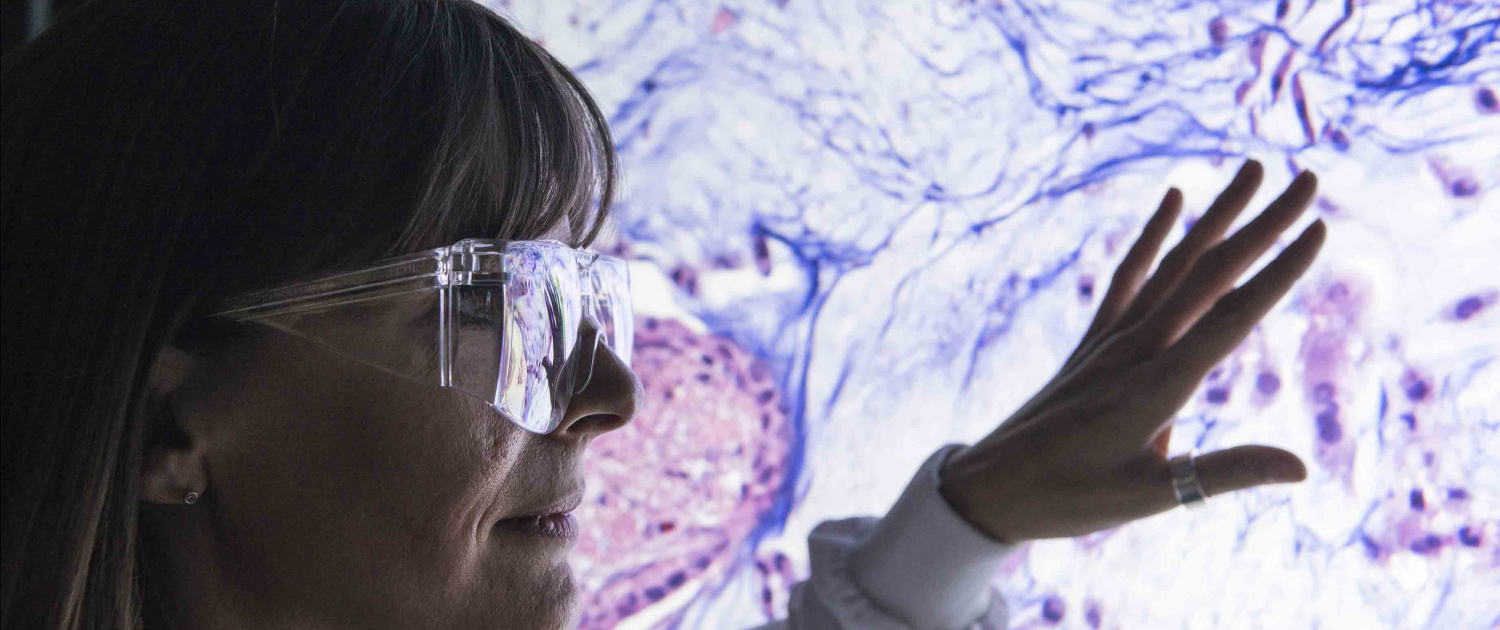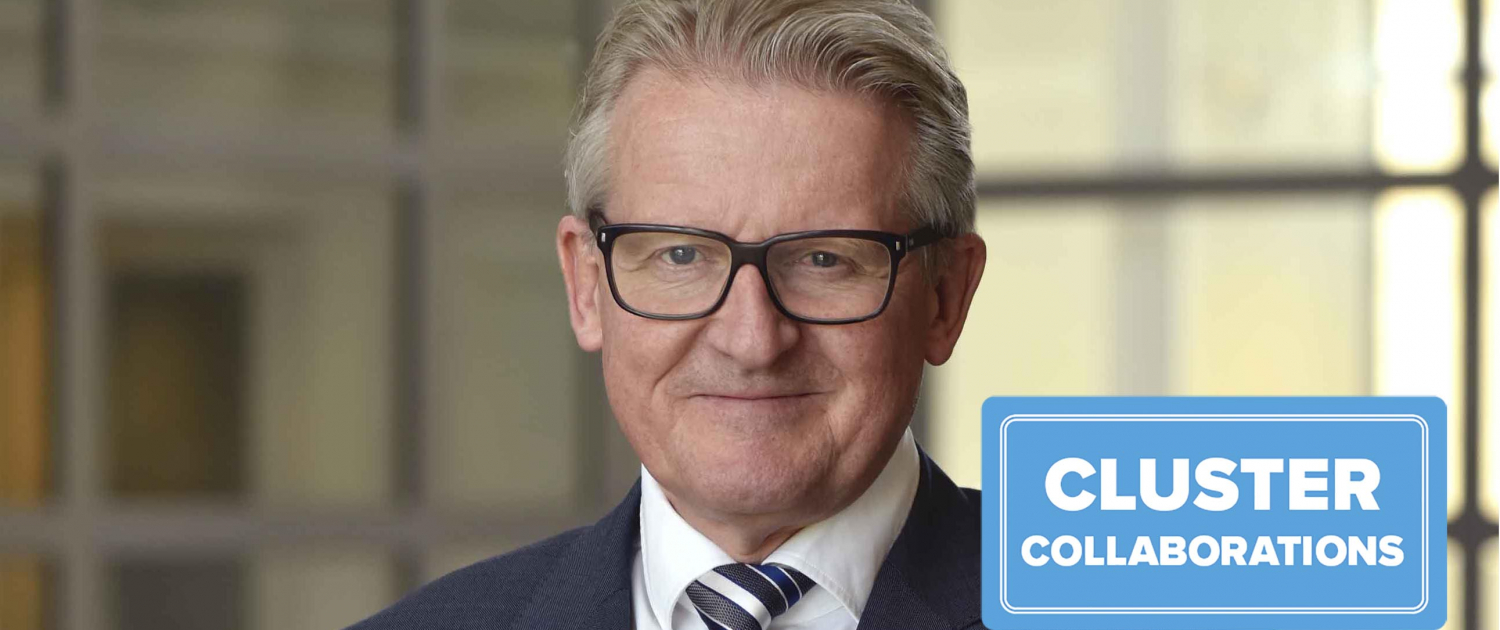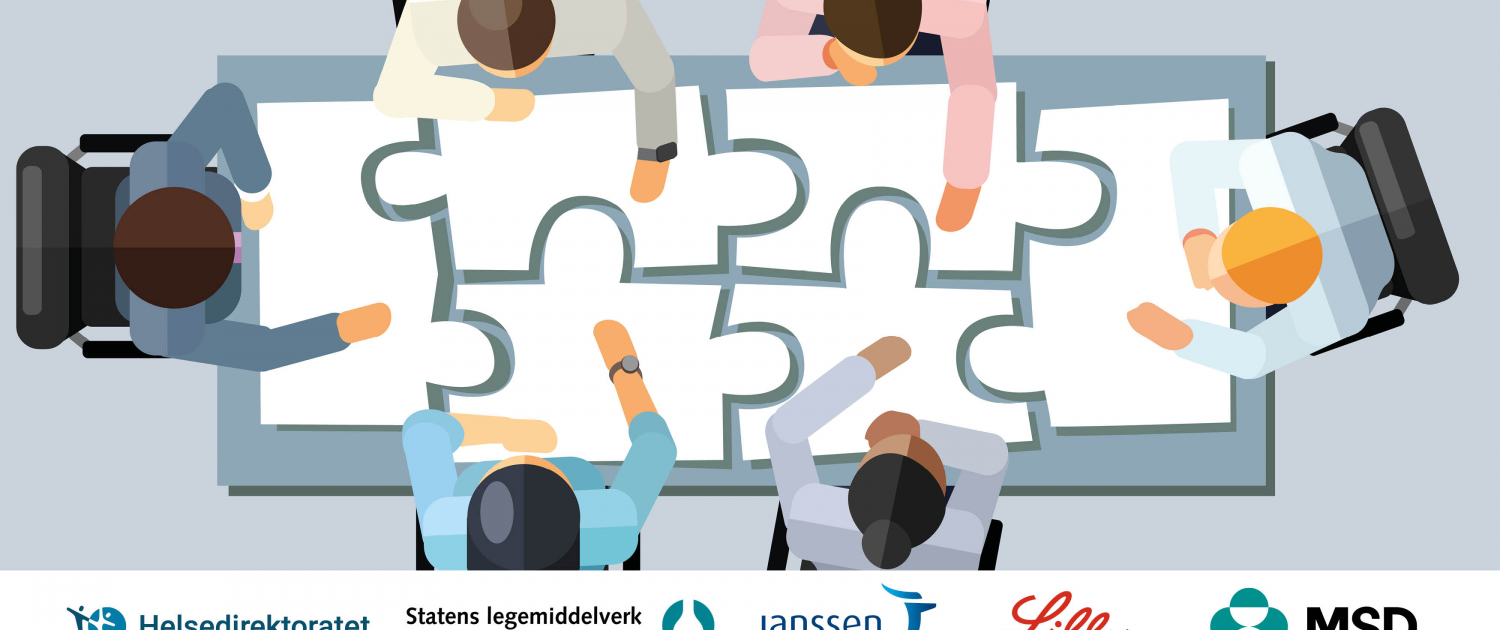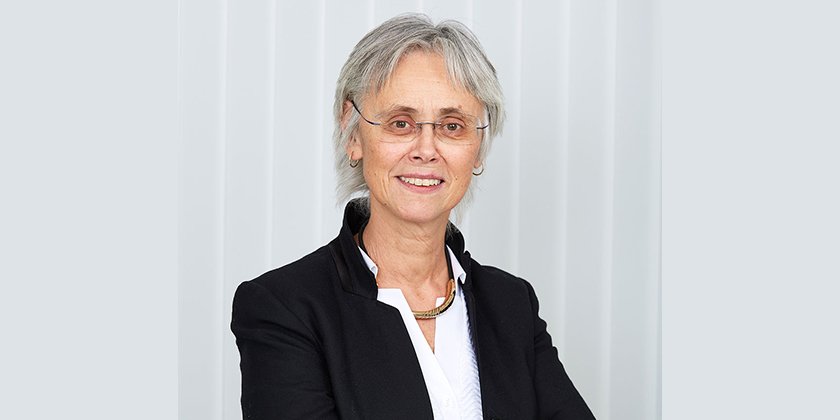Nye kreftbehandlinger krever nye samarbeidsformer

I et debattinnlegg i Aftenposten beskriver Sigbjørn Smeland, Steinar Thoresen og Ketil Widerberg hvordan Norge er i en internasjonal særstilling for godt samarbeid i helsesektoren.
This opinion piece was originally printed in the daily newspaper Aftenposten and is only available in Norwegian. / Debattinnlegget sto først på trykk i Aftenposten mandag 9. august, og kan også leses på aftenposten.no.
Innføring av nye legemidler for små pasientgrupper tar unødvendig lang tid. Noen blir ikke tatt i bruk i Norge i det hele tatt. Det er en utfordring.
Direktørene i helseforetakene mener hovedgrunnen er at legemiddelprisene er for høye i forhold til nytten for pasientene. Legemiddelindustrien (LMI) mener at store utviklingskostnader gjør at medisinene er dyre. Pasientorganisasjonene påpeker at byråkrati og prestisje går foran alvorlig syke.
Alle har rett. Likevel er ikke løsningen å argumentere videre i hver sin retning. Det trengs et nytt samarbeid mellom industri, myndigheter og pasientorganisasjoner.
Et nasjonalt samarbeid
Hoveddelen av nye legemidler innføres innen kreft. Her er det nylig etablert et nasjonalt samarbeid som heter Connect. Det skal nettopp forbinde alle oss som jobber med kreft, som legemiddelfirmaer, regulerende myndigheter, Kreftforeningen og sykehusleger.
Målet er å finne løsninger for å få tilgjengelig ny medisin til små pasientgrupper. Det kalles presisjonsmedisin. Connect omfatter både avansert diagnostikk og nye behandlingsmetoder. Det har som ambisjon å løfte frem nye prinsipper for finansiering av nye legemidler.
Innføring av presisjonsmedisin er på mange måter et puslespill. Vårt mål er å sette brikkene sammen til et helhetlig bilde som både er bra for pasientene, men som også skaper innovasjon og er innenfor rammene og prioriteringene vi har i Helse-Norge.
Presisjonsmedisin for små pasientgrupper innebærer at utviklingskostnadene deles på færre pasienter. Dette driver kostnadene oppover.
Dagens gullstandard ved innføring av nye medikamenter er randomiserte kliniske studier. Randomisering innebærer at behandlingene vi sammenligner i en studie, blir tildelt deltagerne helt tilfeldig. Det krever store pasientgrupper og er derfor ikke egnet som eneste grunnlag ved innføring av presisjonsmedisin.
Det illustrerer også en fordel med presisjonsmedisin: Kun et utvalg av pasientene vil bli tilbudt behandlingen, basert på analyser av kreftsvulsten. Det hindrer overbehandling, som vi ser i utstrakt grad i dag.
Lære fra hver pasient
Det er derfor nødvendig med felles utvikling av nye løsninger. Det betyr ikke at firmaer får automatisk godkjenning, eller at klinikere får alt de ønsker til pasientene. Regulerende myndigheter får nok heller ikke jobbe på den samme trygge måten som før. Dette blir et krevende samarbeid for alle parter.
Innføring av presisjonsmedisin i helsevesenet er en utfordring de fleste land sliter med. Samtidig er det en enorm mulighet for kostnadsbesparelser og forbedret omsorg. Et stikkord er «midlertidig godkjenning» under forutsetning av fortsatt kunnskapsgenerering.
For vi må lære fra hver eneste pasient. I Norge gjør vi fremskritt, for eksempel gjennom samarbeid om helsedata, tidlig innføring og ny nasjonal handlingsplan for kliniske studier. Myndigheter og industri finner i økende grad løsninger sammen.
Norge i en særstilling
I Norge kan vi etter samtykke samle informasjon fra blodprøver og overskuddsvev. Dette kan kobles opp mot helseopplysninger fra våre unike kvalitetsregistre. Ett eksempel er Kreftregisteret.
Her er vi internasjonalt i en særstilling. Det kan gi oss interesse fra legemiddelfirmaer og bidra til at flere kliniske studier kommer til Norge.
Men det vil kreve en satsing fra våre politikere. I dag mangler infrastruktur i storskala, og da spesielt drift av biobanker. Dette må på plass. Først da kan vi hevde at vi oppfyller målsetningen om at vi skal lære av hver eneste pasient.
Samarbeid mellom offentlig og privat sektor kan gjøre Norge mer interessant for klinisk utprøvning. Det kan igjen gjøre flere legemidler tidlig tilgjengelig for norske pasienter.
Alene redder det ikke liv. Alene skaper det heller ikke en ledende helsenæring i Norge. Men det hjelper betydelig på veien.
Artikkelforfattere:
Sigbjørn Smeland, Klinikkleder ved Oslo universitetssykehus, styreleder i Connect
Steinar Thoresen, Leder av Oncology I Norden og Baltikum i Merck, styremedlem i Connect
Ketil Widerberg, Leder av Oslo Cancer Cluster, styremedlem i Connect

 LINK Medical
LINK Medical



